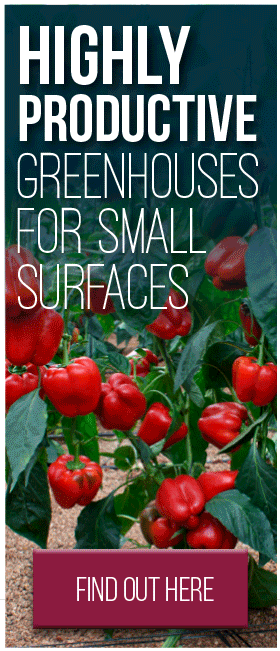DESERT project is in the last step to the integration of water treatment technologies in low-power compact module thanks to solar energy.

Novedades Agrícolas participate in this R+D project with the Universities of Liege, Bari, CEBAS-CSIC and CREA. The Desert Project is co-financed by CEDETI within the guidelines of the Water-Works 2014 program of the European Union for the sustainable management of water resources in agriculture.
The next decades a large percentage of the world population will live in areas with water scarcity and poor water quality due to climate change and increasing population pressure, thus agriculture will face the challenge of supplying the increasing demand for food. In the Mediterranean Region, irrigated agriculture contributes a certain percentage to the final production. On the other hand, salinization is a growing worldwide problem in both waters and agricultural lands.
PROJECT GOAL
The main aim of DESERT project is to create an innovative concept as a smart system combining sustainable technology on water treatment and water quality sensors, tuned to the local situation (climate, water sources, cropping system, grower's economic potential and regulatory conditions).
Novedades Agrícolas is responsible for the manufacture of two compact prototypes (HidroNIC-Desal and HidroNIC-Fert) for the use of wastewater laden with salt and integrate ring filtration, Ultrafiltration, Reverse Osmosis, injection of essential products, XILEMA fertigation equipment, all operated by solar energy.
PROJECT RESULTS
Sistema de Desalinización
The need for adaptation unconventional waters to fertigation, as a result of water scarcity and the environmental impact of nutrients discharge, favors the choice of treated water resulting from a WWTP of coastal zones in this project.
In this part of the project it has been proven that it is possible to remove the mineralization and contamination from the water to treat it and has enough nutrients to be suitable for Fertigation.
Fertigation System
The growing concern for environmental sustainability has led to the need to integrate a system that optimizes the cost of fertilizer making the most of the nutrients already contained in the water entering the system.
In this part of the project, it has been shown that it is possible to integrate a Fertigation system based on the control of selective ions, and thus, make a nutritious solution suitable for crops, optimizing and improving the cost of fertilizers in the process of irrigation water preparation.
Photovoltaic System
The entire energy consumption system has been designed to be able to work just with solar generation energy, which optimizes environmental resources.
The consumption of the electrical elements selected for the project has been carefully studied and worked on, as well as the performance of the generation and storage system of photovoltaic energy. The generation of water for agricultural use has been optimized.
Looking for sustainable agriculture, and a closed water cycle, it has design a compact equipment capable of obtain water for agricultural use from wastewater, eliminating bacteria, and other biological and chemical contaminants, taking advantage of the water nutrients, and using solar energy as an energy resource.
Thus, the technology developed for the DESERT project can contribute to mitigate the negative effects of intensive surface and groundwater abstraction, improving water quality, optimizing fertilizers consumption, and therefore increase farmers' income by saving costs and reducing the water and fertilizers needs.

For more information visit: Web Desert Project


















